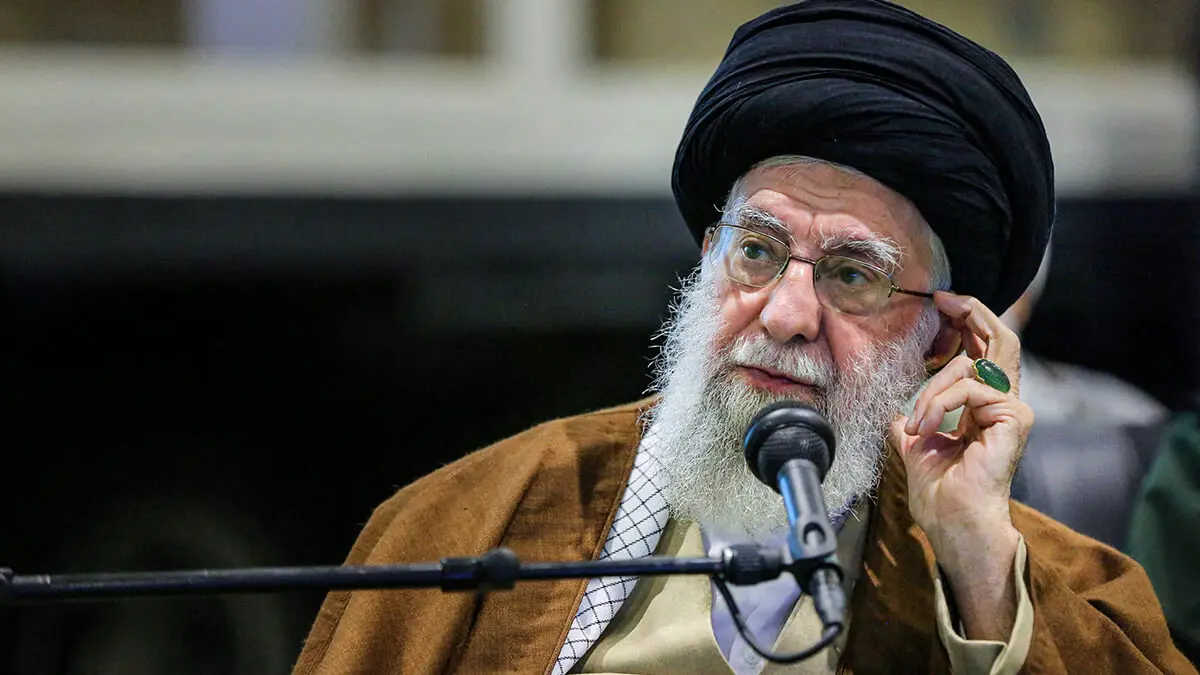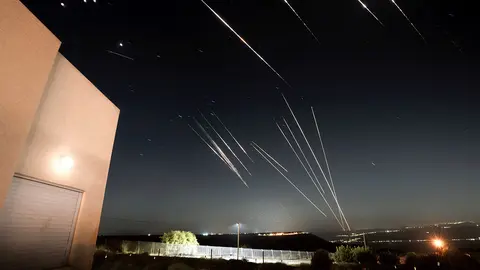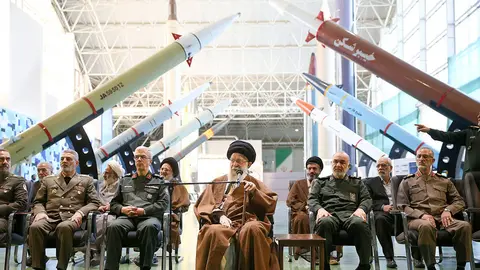The silent war: betrayal, infiltration and the internal collapse of the Iranian state

They are a resounding expression of an unconventional intelligence war, whose threads were patiently woven over years of infiltration, penetration and recruitment deep within the Iranian system itself.
This war reached its climax on 12 June 2025, when the confrontation erupted publicly, but its roots go back much further, to a time when the enemy no longer knocked on doors from outside, but opened them from within, with the keys of betrayal.
We return to that moment when former Iranian President Mahmoud Ahmadinejad declared that the head of the regime's counter-espionage department was a Mossad agent. This statement presents us not only with a circumstantial security scandal, but also with an ethical and institutional earthquake that shakes the foundations of the state and raises a crucial question: who protects the state when its protective apparatus is infiltrated? How can a nation resist if the poison has reached the core of its security?
This is no longer simply a matter of the assassination of nuclear scientists, the theft of secret files, or even the assassination of senior military commanders. These are no longer spectacular Hollywood-style actions, but the inevitable results of a country whose own children have become tools in the service of the enemy.
Treason is not a circumstantial act, but a cancer that takes root in the body of the state, feeding on its trust and destroying its security from within, without the need for armies or missiles. The most dangerous enemy of a homeland has never been the one who wields a weapon from beyond its borders, but the one who speaks the language of its people, eats their food, lives among them... and then stabs them in the back with the calmness of someone who knows they will escape.
What has happened and is happening today in Iran is not just an internal matter, but a strategic warning to all countries that build their security on force, that spread their ideology and sow agents to promote discord, train and arm separatist or terrorist groups, but neglect to shield their own house from within.
In the era of undeclared wars, power is no longer measured by the number of soldiers or the range of missiles, but by the state's ability to detect internal traitors before they become bridges to destruction. Iran has today become a striking example of a state that has been corroded from within before being struck from without, and whose security has been exposed not because the enemy is stronger, but because there are those who sold their country while wearing military or civilian uniforms, carrying security credentials, and operating behind screens and confidential files.
In conclusion, this is a new war: a war of brains, not guns; of loyalties, not weapons. Because when fortresses fall from within, all other wars are useless, no matter how much military technology you possess.
Lahoucine Bekkar Sbaai, lawyer at the Bar Association before the Courts of Appeal of Agadir and Laayoune, researcher on migration and human rights, and expert on the Moroccan Sahara conflict.
Translation from Arabic by: Abdessamad Benyaich



